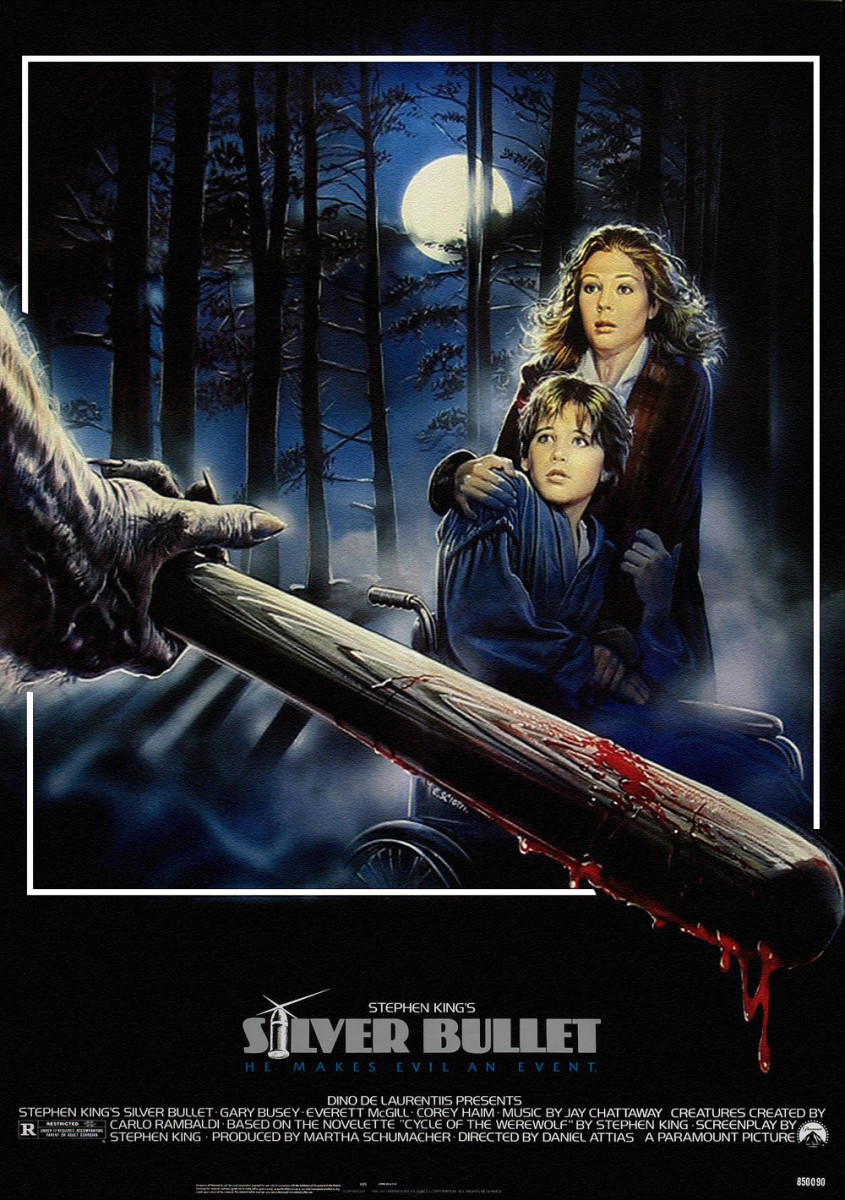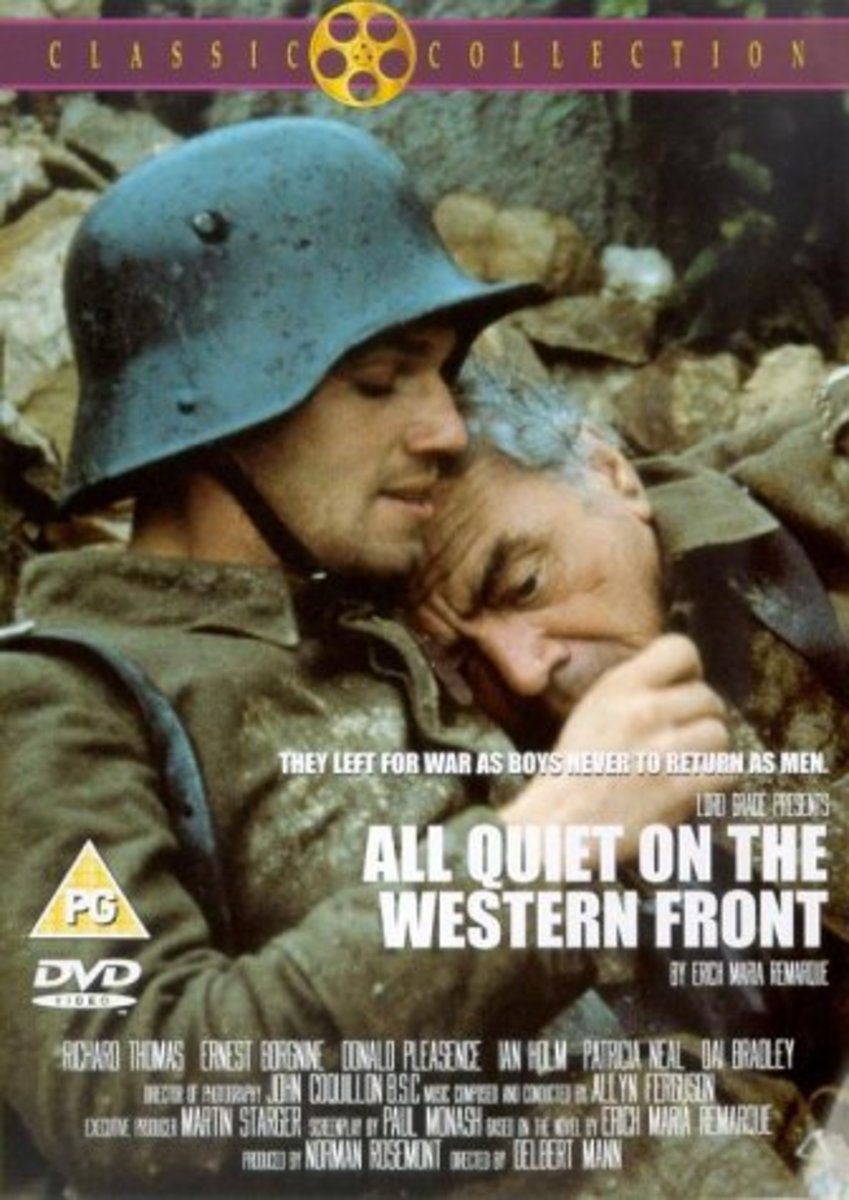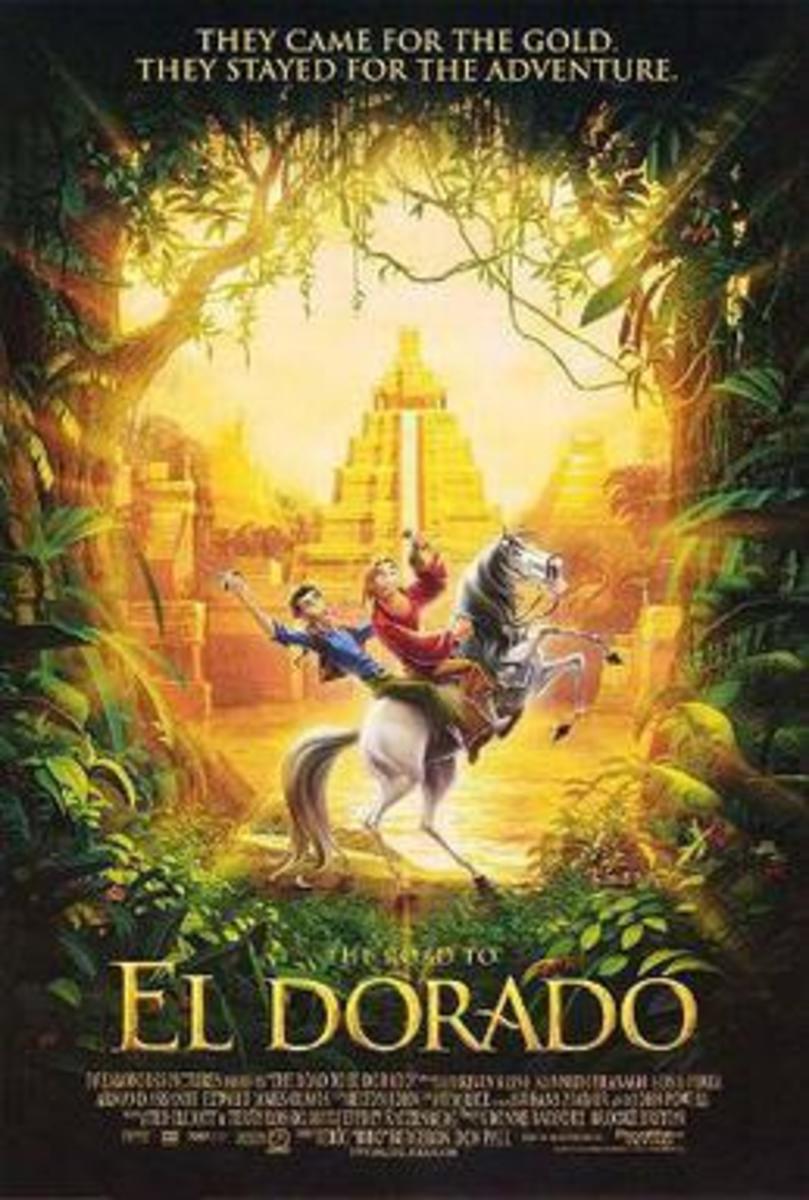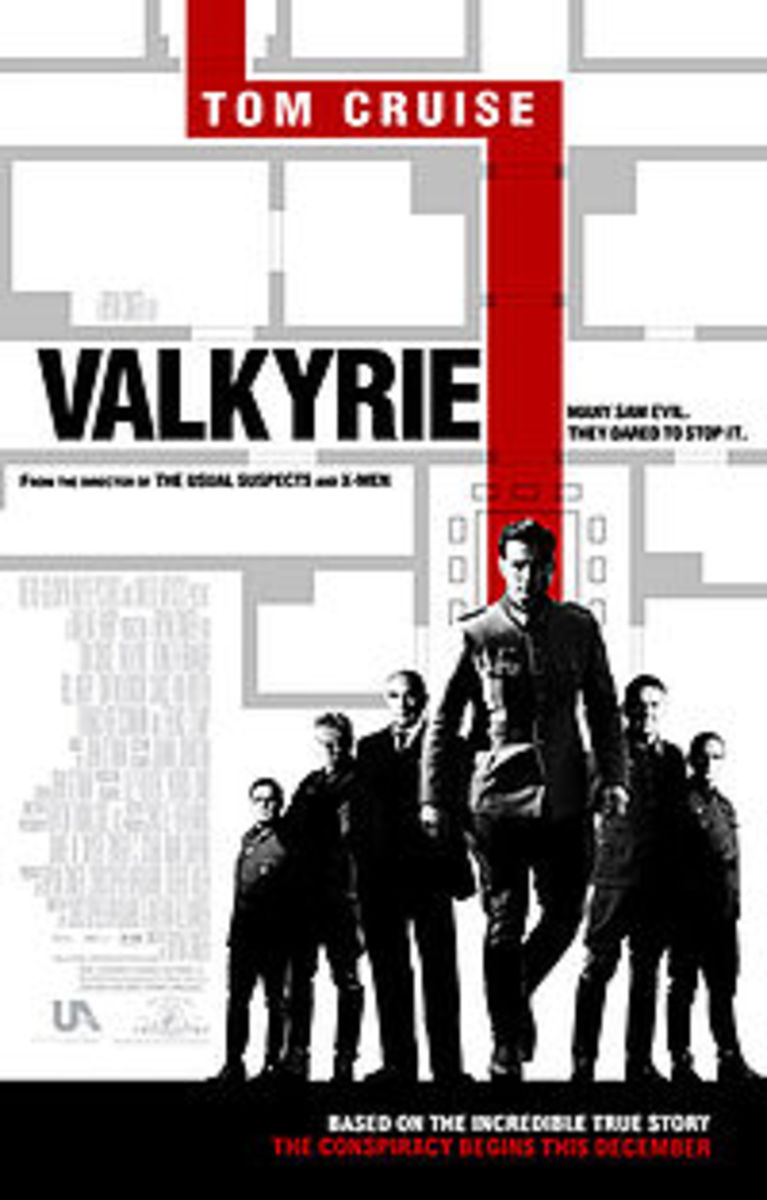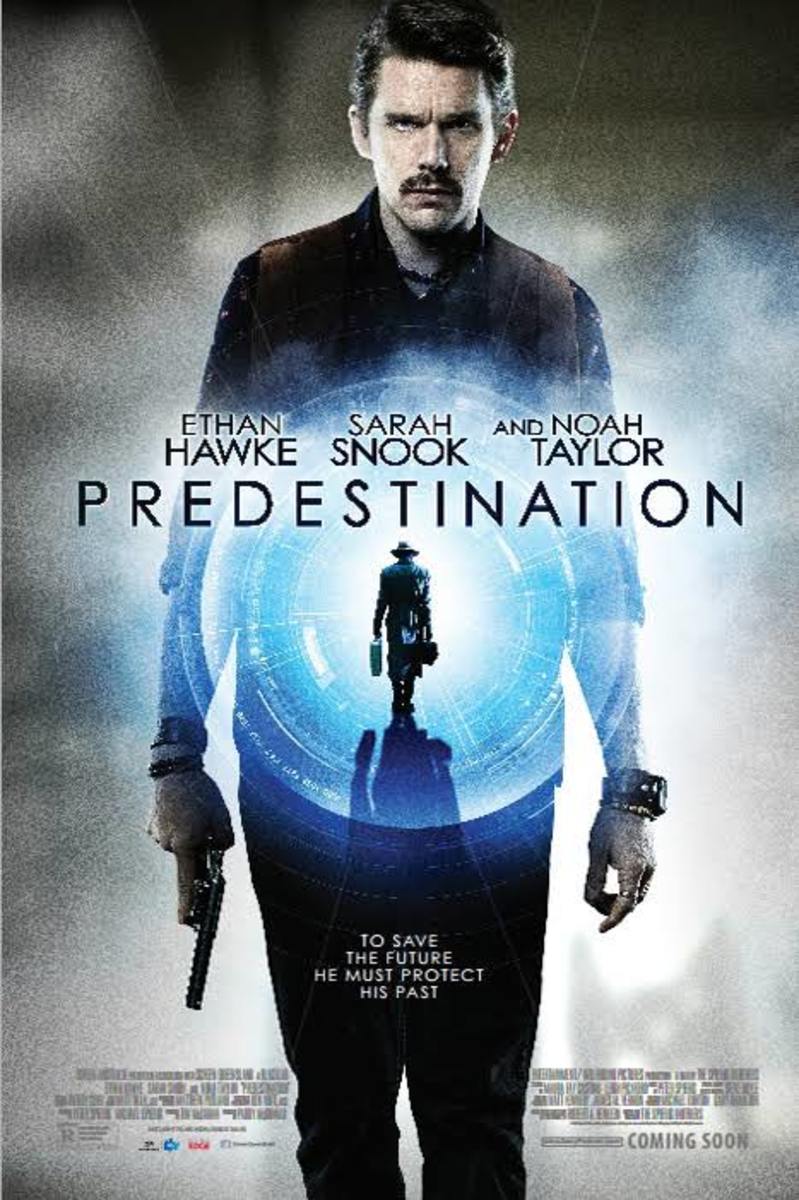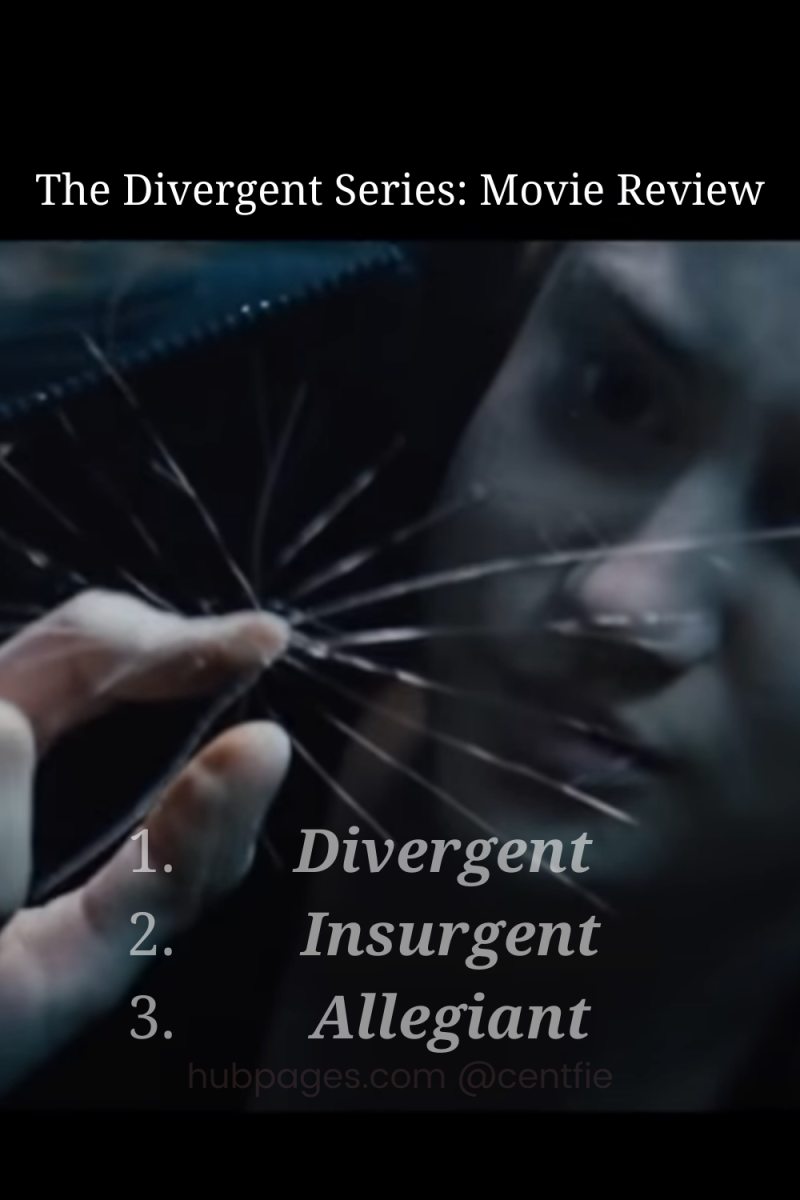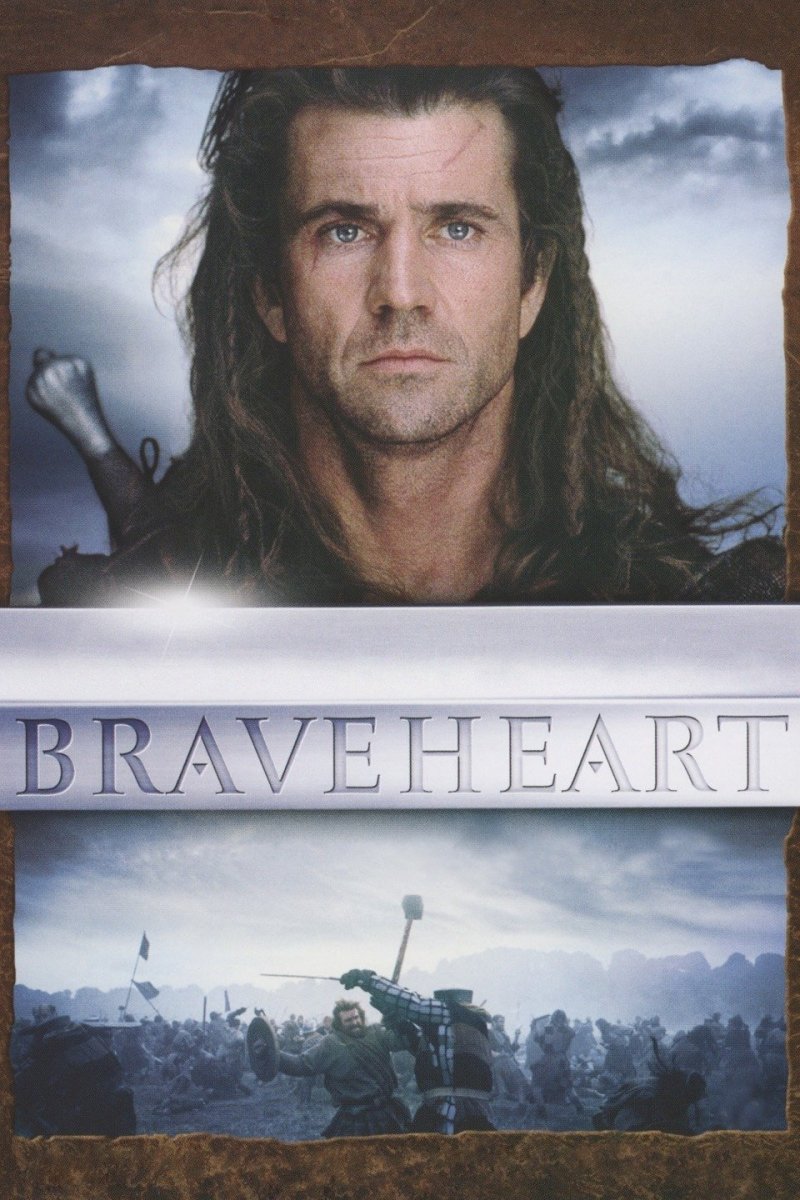The Man with the Iron Fists: A Movie Review
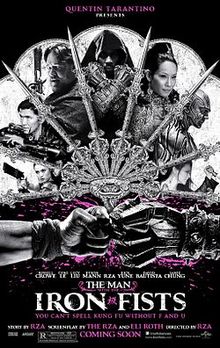
No Pity
Those of you reading this review will notice something rather odd: that I will spend more time talking about my approach to the cinematic experience, specifically its distillation to the realm of the DVD --- than I will, actually talking about the film under review, here, itself.
I know that doesn't make much sense right now. But bear with me, it will.
I suppose that the full title of the film is Quentin Tarantino Presents... The Man with the Iron Fists.
The story was "developed" and/or conceived by RZA. The screenplay is "by" The RZA and Eli Roth. The film was directed by RZA.
So says the back of the DVD cover. This is a DVD that I borrowed for free from my local public library.
By the way, I am not moved by appeals to pity in films!
What do I mean by that?
When I buy, rent, or borrow a DVD, the only version of the film that I ever look at is the theatrical release version. That is the version which the studio originally released in movie theaters. In my mind, this is the one and only true version of the story. The theatrical version is, in my opinion, the only valid version of the story.
I do not watch so-called "director's" cuts, or master versions, or anything like that.
I do not like the idea of the existence of such things. I think that studios ought to act like what they ostensibly are: a collection of adults with the courage of their convictions to stand or fall by the product they release to the public in theaters.
To Continue: Ain't no love in the heart of the city
I believe that the above line comes from some gritty blues song.
But, again, my point is simply that I have no room in my heart for appeals to pity contained in most DVDs these days, in their so-called "Special Features" section. For example, we are invariably invited to take a look "behind the scenes at the making of..." X movie.
In other words: Have pity on us for how oh so very hard all of us worked on this project!
I have no doubt that many people put in hard work on the project. But do you want praise for simply doing your job? And you get to make a living by fulfilling creative endeavor, which is more than the vast majority of the world's population can say.
But let's get back to different versions of films that are available, "director's" cuts and "masters" editions, and so forth.
You will recall that there was a controversy concerning the 2015 Fantastic Four movie. The director, Josh Trank, "tweeted" that now-infamous message about how he had had a great vision for the film, a year prior, which would have earned critical praise, universal mass popular support, and the glory of the heavens. It was the bane of "reality though" that prevented his masterpiece from being seen by the public.
Trank's behavior was rightly condemned as childish. But it was no different, in effect, than the usual process of releasing "director's" cuts and the like.
When I hear the term "Director's Cut," I hear: The movie you saw in theaters may be crap, but its not my fault (says the director). I actually made a good movie, but "studio politics" prevented me from showing it to you.
It's like every film director is Julian Assange.
My Heart Remains Unmoved
To continue with my theme of pitilessness, let me say that I am the most impatient with the "deleted scenes" component of the special features of DVDs.
Wait a minute... Deleted Scenes?... Deleted Scenes?... Deleted Scenes?
Now, I always thought deleted scenes were deleted because the director (perhaps in conjunction with the editor) came to think that they did not help --- and even hindered --- the telling of the story he wanted to tell.
Why have they not been incinerated as garbage, never to be seen again? Why have they been repackaged as a "special feature" in a DVD?
Does the director not know the difference between scenes and dialogue that works and does not work in his own movie? Do scenes and dialogue stay in the film or get ejected out of it by the flip of a coin or something?
What in Sam Hill is going on with the preservation and repackaging of "deleted" scenes?
Okay, about the movie... I guess...
The RZA is a founding member of the rap group, The Wu-Tang Clan.
Anyway, my understanding is that they called themselves that because of their love of the Shaolin-style, old China era (Han or Ming dynasties) Kung Fu movies, of the 1970s and 1980s. The "Shaw Brothers," for example, were one of the most prominent production organizations of such fare back in the day.
I love those movies (perhaps not as much as The RZA and his Wu-Tang Clan). Such classic titles that come to mind are: The Five Deadly Venoms; The Avenging Eagle; Master Killer; The Shaolin Rescuers; Invincible Shaolin; The 36th Chamber of Shaolin; Ten Tigers of Shaolin; Ten Tigers from Kwantung; Masked Avengers; Born Invincible; Seven Steps of Kung Fu.
And so much more! And this is not even to mention the classic Bruce Lee films, which are far too well known to require listing here.
Well, the back of the DVD cover describes what the viewer will be in for: "Quentin Tarantino presents The Man with the Iron Fists, an epic adventure inspired by classic kung fu movies. When the emperor's gold is hijacked, every kung fu warrior, assassin and hired gun in China will battle to claim the fortune."
Wow! An epic adventure!
I would have liked to have seen anything like that in the theatrical version of the DVD I borrowed for free from my local public library.
When one "Googles" The Man with the Iron Fists, the description that appears to the right reads as follows: "In 19th-century China, a stranger (RZA) settles in a jungle village and becomes its blacksmith. Radical tribal factions force him to fashion elaborate tools of destruction, and the clans' conflict soon erupts into a full war. Knowing he must take action, the blacksmith channels an ancient energy to transform himself into a human weapon. Fighting beside iconic heroes, the blacksmith harnesses this incredible power to defend his adopted people from an army of soulless villains."
Again, I would also liked to have seen that movie, in the theatrical version on the DVD that I borrowed for free from my local public library.
Here, we come to the first problem: Perhaps RZA should have chosen to tell one or the other story, instead of both of them at the same time.
For a better version of the gold hijacking story see: Kid with the Golden Arm (1979, Shaw Brothers; directed by Chang Cheh).
For a better version of the "radical tribal factions" thing see... I don't know. You're probably better off just watching Game of Thrones.
Not even so bad, its good
When I finished watching this film, I said to myself: "Who is this movie for?"
There is a British movie critic, whose content I admire, called Mark Kermode. There is a term he uses which fits this film perfectly: "Inward-looking."
Its meaning was never manifested more clearly for me than after having watched this film. The whole way through, I had the feeling that I was watching somebody's home movies.
This film felt like a bunch of kids playing Kung Fu in the backyard, with the goal of amusing themselves, rather than externalizing a story that might be of interest to a general audience. Its hard to believe that this home movie had once been shown in theaters.
In fact, its hard to believe that this Kung Fu home movie was the result of a professional script, written by a professional screenwriter, delivered to a professional studio, put into the hands of a professional director, to be brought to life by professional actors, to be released in professional movie theaters around the country, attended by the public.
This film wishes it were "so bad, its good." Its too empty for even that distinction.
By the way, if you're interested in a real gem of a "so bad, its good" film, check out Bela Lugosi in "The Dark Eyes of London" (1939). Bela Lugosi is not, strictly speaking, playing Count Dracula or even a vampire; but, of course, being Bela Lugosi, he kind of is!
Trust me, check out The Dark Eyes of London. You will never regret it, if you like Good-Bad movies.
I know it seems like I am rambling; but that's only because I am rambling. I am rambling because it is such a struggle for me to think of something... anything to say about the film.
One way to describe The Man with the Iron Fists is to say: imagine Kid with the Golden Arm (1979, Shaw Brothers, Director: Chang Cheh); The Invincible Armour (1977, Director: Ng See-yuen); Crippled Avengers (1978; Shaw Brothers; Director: Chang Cheh); Flag of Iron (1980; Shaw Brothers; Director: Chang Cheh).
So..................
Kid with the Golden Arm is a heist picture. The "Kid" in question is the film's main villain, as opposed to its hero, which RZA is as The Man with the Iron Fists.
The Invincible Armour is a "who framed Roger Rabbit" motion picture. The villain has super-hard, invulnerable skin. But the hero learns a special Kung Fu technique to break the bad guy's invulnerability, and kill him. In The Man with the Iron Fists, the wrestler-turned-actor known as Bautista, plays a character known as "Brass Body."
Oh yeah, Brass Body is a bad guy with apparently invulnerable and impenetrable skin.
Crippled Avengers is a film in which the heroes are physically crippled. However, they are put back together, after a fashion, and trained to be Kung Fu experts, in ways that make effective use of the corrective apparatus they now need to cope with their various disabilities.
One of the heroes of this film, one of the "crippled avengers" is a man who now, quite literally, has iron feet --- you know, as opposed to the "iron fists," our hero, The RZA, has in "The Man with the Iron Fists."
Flag of Iron is West Side Story (1961) with a Kung Fu aesthetic.
Now imagine all of those movies mushed together, and you will begin to get an idea of what I think The RZA's movie seems to be going for.
But this description means next to nothing for the general movie going audience.
I know and that is my point.
Look, Quentin Tarantino's name appears in the title, as in "Quentin Tarantino presents...," so let say a word about what makes his films so admirable. It seems to me that Mr. Tarantino uses genre forms as a means to an end, the end being an actual story.
In The Man with the Iron Fists, there are a lot of means, but no end that this reviewer can see.
I have never had a movie-watching experience like this before.
Thank you for reading!

